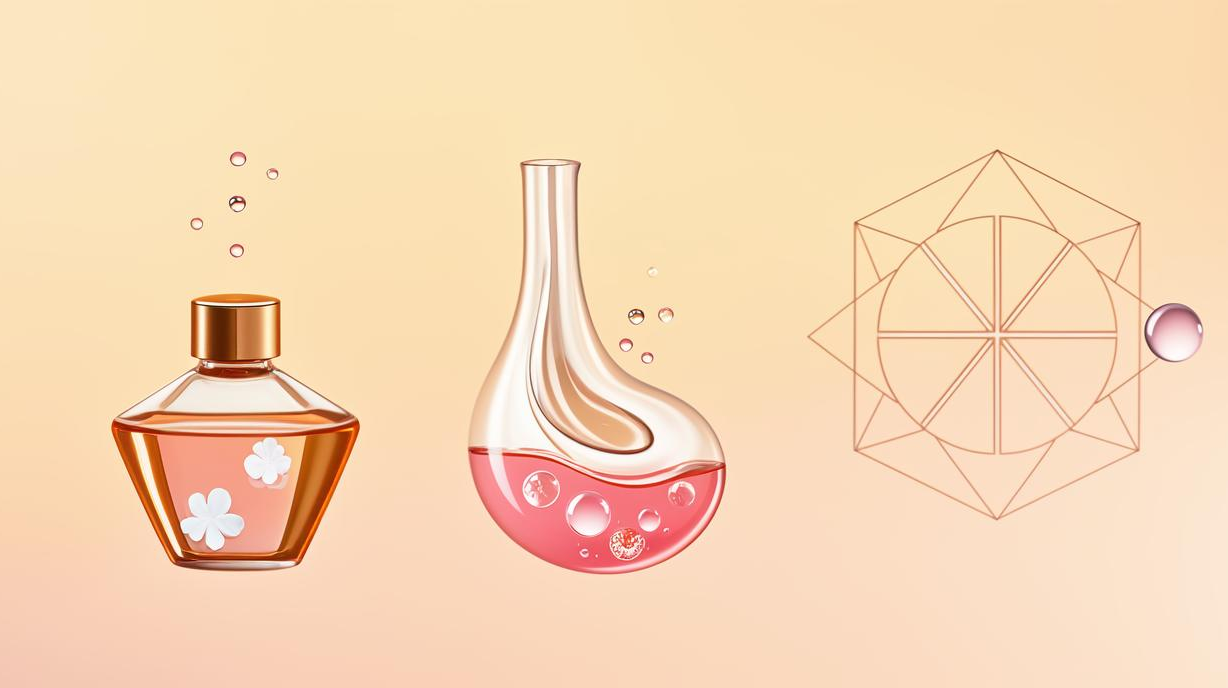The beauty industry is flourishing, with private label cosmetics offering an exciting opportunity for entrepreneurs to create and scale their own brands. Whether you're passionate about skincare, makeup, or any beauty product, private labeling allows you to leverage existing formulations and establish your unique brand identity. This ultimate guide will navigate you through the essential steps to start and grow your private label cosmetics business.
Introduction to Private Label Cosmetics
Private label cosmetics are products manufactured by one company but sold under another brand's name. This model provides businesses with a cost-effective way to enter the cosmetics market without the need for extensive research and development. By partnering with a cosmetic manufacturer, brands can offer high-quality products customized to fit their branding and target market.
Why Choose Private Label Cosmetics?
Choosing private label cosmetics comes with several advantages:
- Low Cost of Entry: Starting a private label cosmetics brand requires a fraction of the cost compared to developing products from scratch.
- Quick Market Entry: With ready-made formulations, brands can swiftly launch their products and start selling.
- Customization: Brands can customize packaging and branding to create a unique identity.
- Wide Range of Products: Manufacturers offer a variety of products, from skincare to makeup, allowing brands to diversify their offerings.
Understanding the Market
The global market for private label cosmetics is projected to reach $25.5 billion by 2025, driven by consumer demand for customized and premium quality products. To succeed, thorough market research is crucial. Identify your target audience, competitors, and unique selling propositions (USPs) to craft products that resonate with consumers.
Conducting Market Research
- Identify Your Niche: Determine the specific segment of the beauty industry you want to target, such as organic skincare or vegan makeup.
- Analyze Competitors: Understand what competitors are offering and identify gaps in the market.
- Define Your USP: What makes your brand different? Whether it's cruelty-free products or eco-friendly packaging, ensure your USP stands out.
Developing Your Product Line
Once you've defined your niche, it's time to develop your product line. Consider the ingredients, formulations, and packaging for each product. Partnering with a reputable private label manufacturer is crucial for ensuring quality and consistency.
Choosing a Private Label Manufacturer
- Experience and Reputation: Look for manufacturers with a proven track record in your niche.
- Customization Options: Ensure they offer the ability to customize formulations and packaging.
- Quality Control: Verify their quality assurance processes to maintain high standards.
Designing Your Brand Identity
Your brand identity is integral to your private label cosmetics business. It should reflect your target audience, niche, and USP. Consider the name, logo, colors, and packaging design for your products.
Building a Strong Brand
- Engaging Website and Social Media Presence: Use high-quality product images, videos, and customer testimonials to showcase your brand.
- Consistent Branding: Ensure consistency in your branding across all platforms to build trust and recognition.
Marketing Your Products
Marketing is essential for reaching your target audience and driving sales. Implement a mix of online and offline strategies, including SEO, social media advertising, influencer marketing, and email campaigns.
Effective Marketing Strategies
- SEO Optimization: Conduct keyword research to identify search terms your audience uses and optimize your website accordingly.
- Social Media Engagement: Leverage platforms like Instagram and TikTok to connect with potential customers and build a community around your brand.
Scaling Your Business
Once you've established your brand, focus on scaling your business. Consider expanding your product line, partnering with additional retailers, and exploring new markets.
Managing Inventory and Production
- Reliable Inventory System: Use a system to track your products and ensure efficient production.
- Collaborate with Manufacturers: Maintain strong communication with your manufacturer to manage production timelines effectively.
Launching and scaling a private label cosmetics brand is a challenging but rewarding journey. By understanding the market, developing high-quality products, and implementing effective marketing strategies, you can build a successful and profitable business in the thriving beauty industry.
Ready to start your private label cosmetics brand? Begin by researching potential manufacturers and defining your unique brand identity. With dedication and strategic planning, you can carve out your niche in the competitive beauty market.



